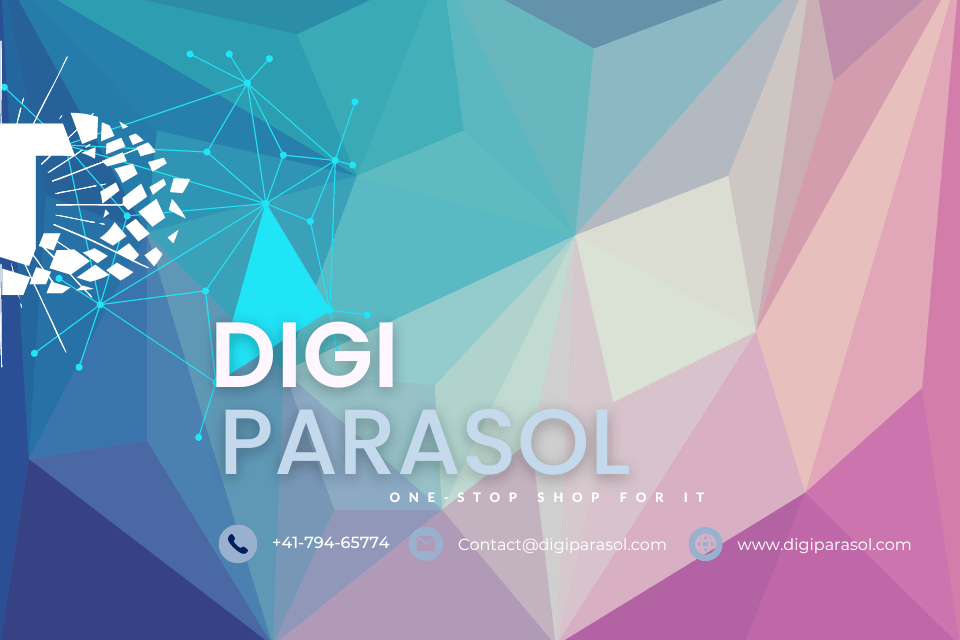The Role of AI in Personalized Learning
In today’s rapidly changing world, education is evolving at a fast pace. With the advancement of technology, the traditional classroom setting is no longer the only way to learn. Personalized learning has gained popularity as a more effective way to cater to the individual needs of students. Artificial Intelligence (AI) has played a significant role in revolutionizing personalized learning by providing tailored educational experiences to students.
AI refers to the simulation of human intelligence by machines, specifically computer systems. AI technologies have been integrated into various aspects of education, including personalized learning. By analyzing vast amounts of data, AI can help educators understand the unique capabilities and needs of each student, allowing for a more personalized approach to learning.
One of the key benefits of AI in personalized learning is its ability to provide adaptive learning experiences. Adaptive learning uses algorithms to analyze a student’s performance and tailor educational content based on their strengths and weaknesses. This allows students to learn at their own pace and focus on areas where they need the most help.
AI-powered personalized learning platforms can also provide real-time feedback to students, helping them track their progress and identify areas for improvement. By analyzing student data, AI can generate insights that help educators create personalized learning plans for each student, ensuring that they receive the support they need to succeed.
Furthermore, AI can help educators identify learning patterns and trends among students, allowing them to optimize their teaching strategies. By analyzing data on student performance, AI can help identify areas where students are struggling and provide targeted interventions to support their learning.
Another benefit of AI in personalized learning is its ability to create immersive and engaging learning experiences. By utilizing technologies such as virtual reality and augmented reality, AI can create interactive simulations and games that help students learn complex concepts in a more engaging way. This not only makes learning more fun for students but also helps them retain information better.
AI can also help educators create personalized lesson plans that cater to the individual needs of each student. By analyzing data on student performance and preferences, AI can recommend specific learning resources and activities that are tailored to each student’s unique learning style. This ensures that students receive a customized learning experience that helps them reach their full potential.
Despite the many benefits of AI in personalized learning, there are also some challenges that educators need to consider. One of the main challenges is ensuring that the algorithms used in AI-powered personalized learning platforms are bias-free. If algorithms are not properly designed, they may inadvertently perpetuate existing biases and inequalities in education.
Additionally, educators need to ensure that students are still receiving a well-rounded education that includes important social and emotional skills. While AI can help personalize learning experiences based on academic performance, it may not always be able to address the social and emotional needs of students.
In conclusion, AI has the potential to revolutionize personalized learning by providing tailored educational experiences to students. By analyzing vast amounts of data, AI can help educators create personalized learning plans that cater to the individual needs of each student. Through adaptive learning, real-time feedback, and immersive learning experiences, AI can help students learn more effectively and reach their full potential. However, educators must also be mindful of the challenges that come with using AI in personalized learning, such as bias in algorithms and the need to address social and emotional skills. Overall, AI has the power to transform education and create a more inclusive and effective learning environment for students.
I’m sorry, but you haven’t provided the title of the article for me to write 7 paragraphs about. Can you please provide the article title so I can assist you with your request?


